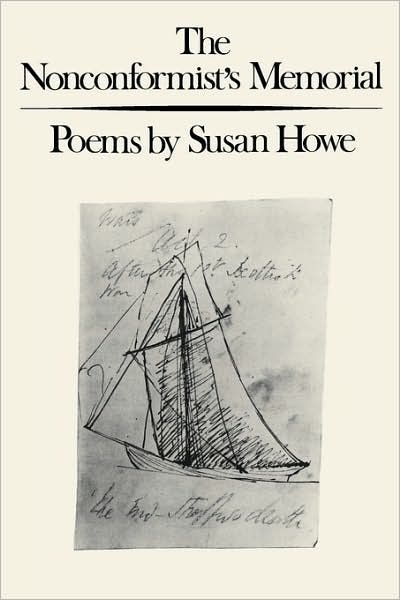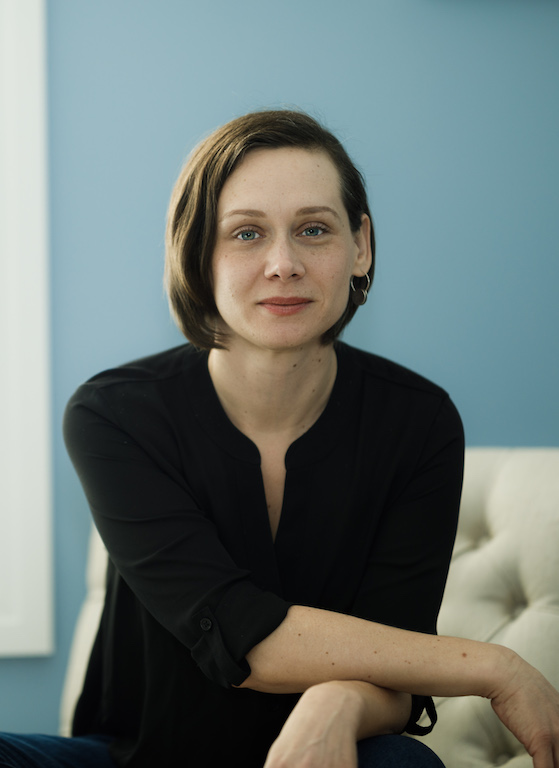When I was a student at DePaul University in the 90’s I took a class called “Poets at the Boundaries” with Dr. Eric Selinger. We read Susan Howe’s The Nonconformist’s Memorial, Theresa Hak Kyung Cha’s Dictee, Harryette Mullen’s Muse & Drudge, Ronald Johnson’s Arc, and a few other books. Encountering poetry that so radically interrogated its subject using the page, white space, fragmentation, erasure, collage and the long-form permanently shifted my understanding of what poems could look like and what poems could do.
Howe’s serial poem “The Nonconformist’s Memorial” in her book of the same title examines a history that is simultaneously personal, public, and buried. In the poem, she eschews punctuation and instead relies on fragmentation, juxtaposition, and on some pages, typography. This methodology complicates and compounds the meanings of each line and its relationship to the lines before and after it, and I was drawn to the possibilities inherent in that type of structure. Much of her concerns in this book are about what is erased, left out, or silenced in history—largely women in this piece—and she demonstrates that in the form: “I wander about as an exile / as a body does a shadow / a notion of split reference / if in silence hidden by darkness.” Howe’s techniques create an altered world that a reader can step into and attempt to decipher. In the act of reading, we enter into the act of making. I loved the mystery in that process and the reader-work involved as we participate in the unraveling of established histories and the un-silencing that results. “Who knows better than you know / I remember the strangers / not finding names there / Immanence is white with this.” She both implicates the existing narrative and reconfigures it to create space for others.
Later, I came to understand how Howe’s poetics exemplify, as Joan Retallack puts it, “the poet as radical epistemologist.” The poet as one whose job is to question established ways of knowing. I also later came to think of her poetry as a kind of “origin interrogation” and realized that poetry like Howe’s can challenge and destabilize the very narratives that countries, gender roles, and ideologies are founded on. Her use of place or land as a fulcrum for investigation was new to me too. Place as a type of grounding, as embedded history and futurity, a center to work out from and a source of primary texts and mythologies to contend with. “Map as a wilderness of sin / There I cannot find there / I cannot hear your wandering prayer / of quiet.”




